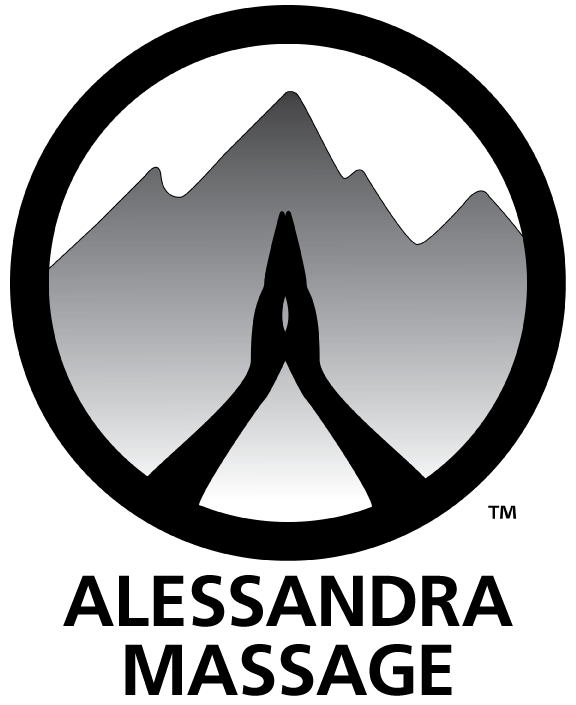Off-season in resort towns such as ours is a time for locals to slow down, regenerate and do things we otherwise can’t find time for in our increasingly boisterous fast-paced community.
This fall I never slowed down, but I did find the time to combine a bit of travel with interesting continuing education courses in bodywork modalities new to me. Colorado doesn’t require Licensed Massage Therapists to acquire education credits annually, but it’s something that I find invaluable, and pursue regularly regardless. Adding to the toolbox, stimulating the brain, and refreshing one’s practice can only be a good thing, for practitioner and client alike!
Active Release Techniques® (ART®)
Active Release Techniques® (ART®) of the Upper Extremity was the most challenging course I completed this season. The suggested prerequisite was to complete 200 study hours in anatomy of the hand, forearm, arm, shoulder and neck, which, admittedly, was a challenge for me, time-wise. The course was primarily attended by chiropractors and physical therapists; many current students or recently licensed, so their anatomical education in the myriad of tiny hand and forearm muscles seemed superior to mine. This technique uses over 100 very specific protocols just for the upper extremity, isolating each muscle suspected to be part of a client’s issue, utilizing specific active motions from both practitioner and client, and engaging the muscle appropriately to stimulate a release and promote healing.
The principles are based on Cumulative Trauma (or cumulative “injury”) Disorder (CDT), and were designed, founded and certified by P. Michael Leahy, DC, an intelligent and passionate practitioner who combined his engineering background, Air Force Academy education, and Doctor of Chiropractic degree, to create this very precisely engineered and calculated, clinical soft tissue management system. CTD to muscular tissue appears as a group of injuries to soft tissue, be it, muscles, fascia, tendons, ligaments or nerves, due to an acute injury, repetitive motion, or a constant pressure/tension injury. Yes, poor posture is a cumulative trauma disorder, and wreaks havoc on our everyday wellness. The Law of Repetitive Motion, I learned, can be used to calculate overall insult to bodily tissues with an equation incorporating the number, force, and amplitude of each repetition, as well as relaxation time between repetitions. Poor posture, such as forward head syndrome, carries a zero value for relaxation time, because we constantly contract our muscles that pull our heads and shoulders forward, and thus has a high tissue insult value.
Dr. Leahy stopped into our class on the last day after returning from teaching a clinic in Korea, and demonstrated his technique on one of the students who had a chronic shoulder issue from high school sports 15 years prior. He assessed the shoulder pain, came up with his treatment plan, and used his carefully developed protocols on his patient for about 3 minutes. Amazingly, the student said he was pain-free for the rest of the day, for the first time since the trauma occurred.
Seasoned ART® providers (“ART Elite Providers”) commonly consult and contract with businesses through ART’s corporate wellness programs, to go into the workplace regularly to work on employees with job-associated tissue trauma, such as machinist shops, large-scale offices,, and assembly-line type facilities. The relief provided to the workforce proves to be an economic benefit to the companies, resulting in fewer days-out and fewer workman’s compensation cases for repetitive motion injuries.
I look forward to utilizing my new knowledge in my practice, when appropriate, gaining experience and proficiency over time. Often the techniques are administered in a clothed upright position with the client actively performing motions of the upper extremity, much like a physical therapy session. This method isn’t always for everyone, especially if your idea is to come in and flop down on my massage table and go into deep relaxation mode, which is always welcome and encouraged!


